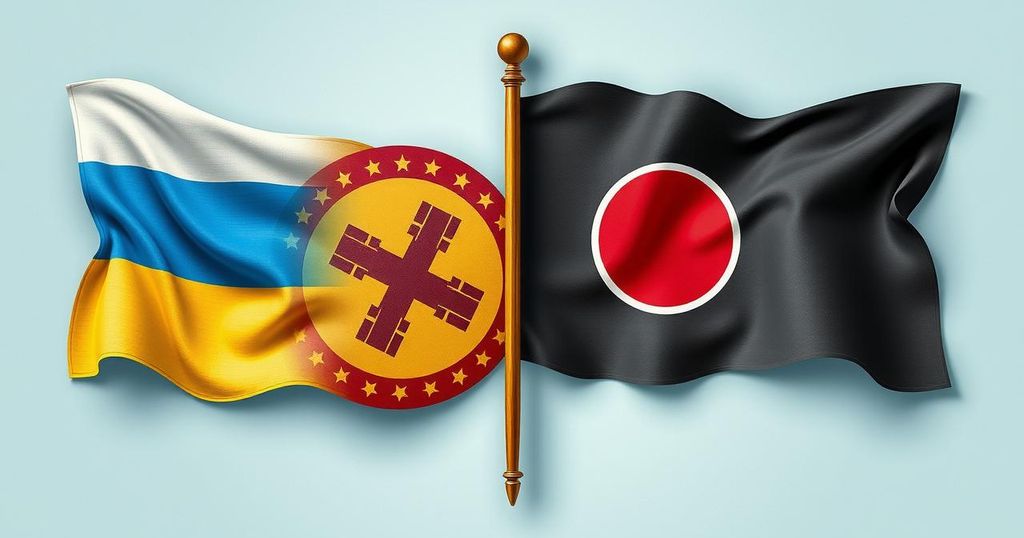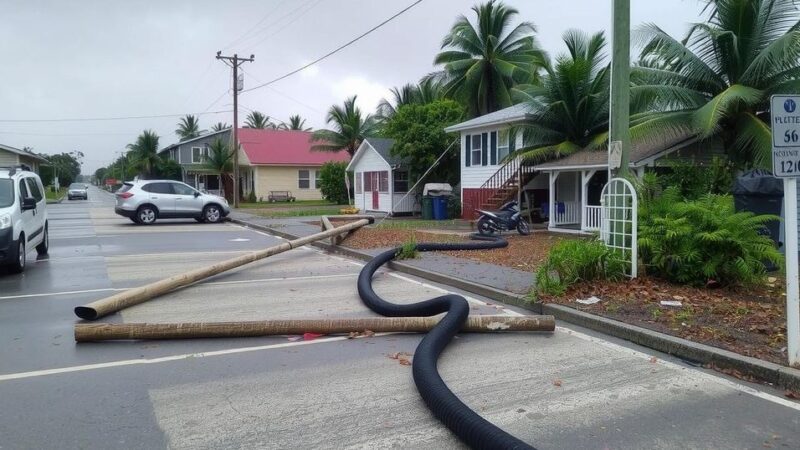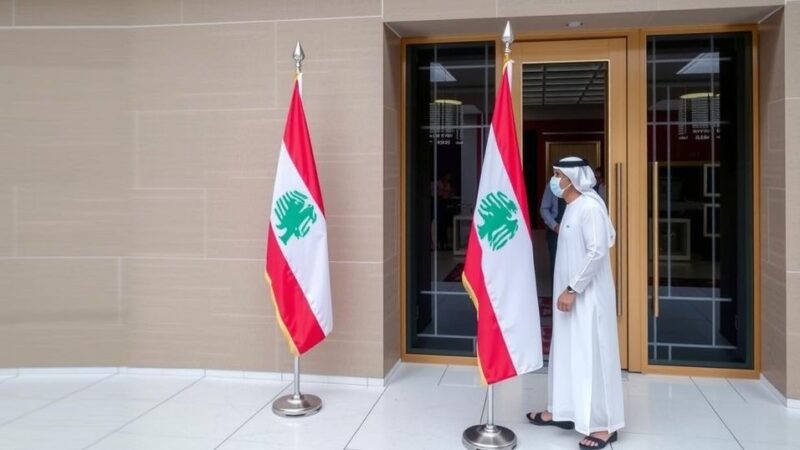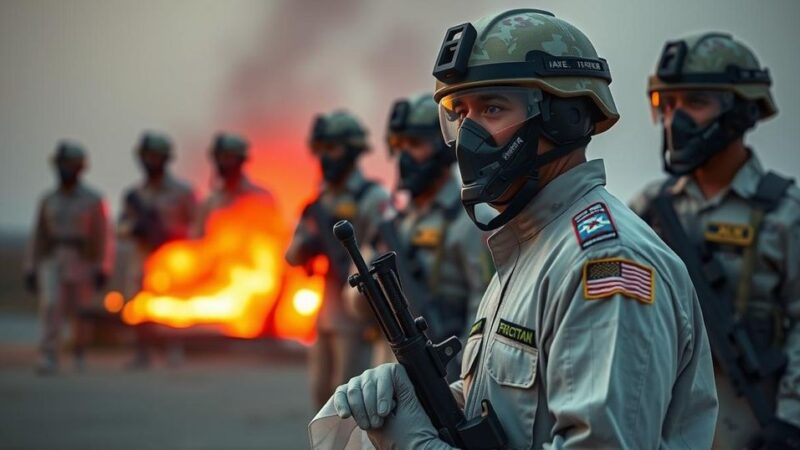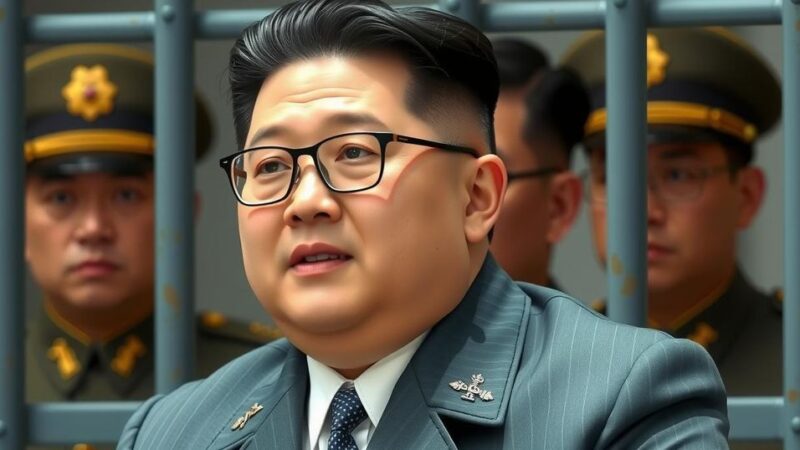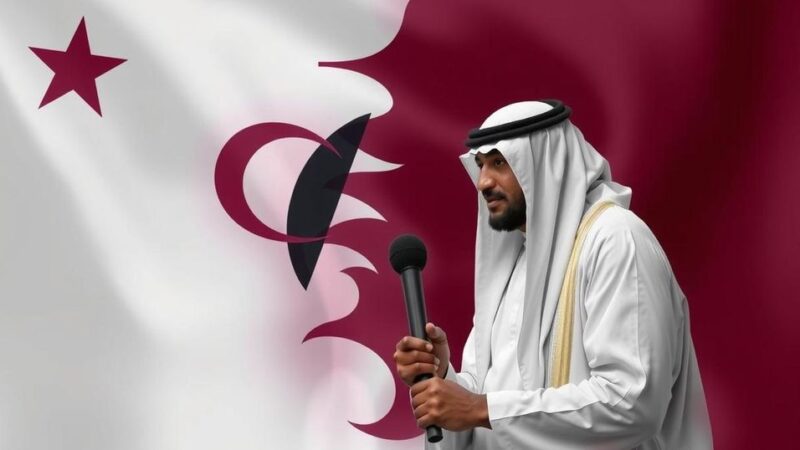Ukrainian President Zelensky proposed a prisoner exchange involving two captured North Korean soldiers in return for Ukrainian prisoners held by Russia. He noted options for soldiers unwilling to return and emphasized the importance of sharing truthful narratives about the war. The captured soldiers are currently receiving medical care in Kyiv as investigations continue into their identities and backgrounds amidst concerns of Russian manipulation regarding their documentation.
Ukrainian President Volodymyr Zelensky has proposed a prisoner exchange involving two North Korean soldiers currently held in Ukraine. These soldiers were captured on January 9, and President Zelensky stated that he is prepared to return them to North Korea in exchange for Ukrainian prisoners of war held by Russia. He indicated that other options might be available for those North Korean soldiers who prefer not to return, emphasizing the importance of promoting peace by sharing the truth about the ongoing war. Zelensky shared social media posts that included images of the captured soldiers, who are reportedly receiving medical care in Kyiv. The ongoing investigation into their capture revealed that one soldier possessed a Russian military identification card, issued in the name of another individual, while the other had no documentation. The South Korean intelligence service has been assisting in the interrogation of the prisoners, who are only able to communicate in Korean. There are concerns regarding efforts by Russian authorities to obscure the identity of these soldiers by falsely representing them as citizens of Tuva, a region in Russia.
The context of this situation arises from the ongoing military conflict between Ukraine and Russia, which has reportedly involved North Korean troops being sent to support Russian military efforts. According to reports, North Korea has dispatched thousands of troops to bolster Russia’s capabilities in the war. Zelensky’s initiative to exchange prisoners highlights the complexities of international military alliances and the pressing issue of prisoner treatment under international law. The Geneva Convention prohibits coercive interrogation methods and requires that prisoners of war be treated humanely and in a language they understand, which is pertinent in the case of the captured North Korean soldiers. This development has drawn attention to the implications of North Korea’s involvement in the conflict and the growing dependency of the Russian army on foreign military support.
In conclusion, President Zelensky’s offer to exchange North Korean soldiers for Ukrainian prisoners of war underscores the intricate dynamics of the ongoing war in Ukraine. The capture of North Korean soldiers reveals the international implications of the conflict and raises concerns about the treatment and identification of prisoners of war in accordance with humanitarian law. As this situation unfolds, it remains crucial for international observers to ensure the humane treatment of all individuals involved in the conflict.
Original Source: www.bbc.co.uk

